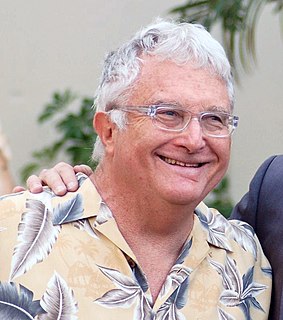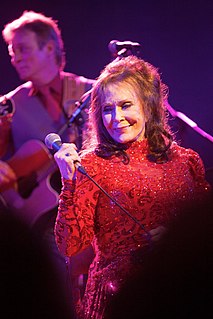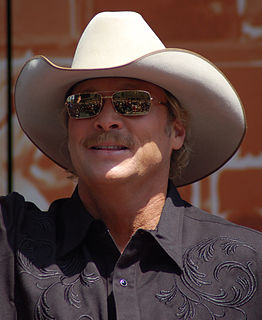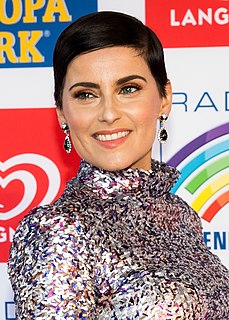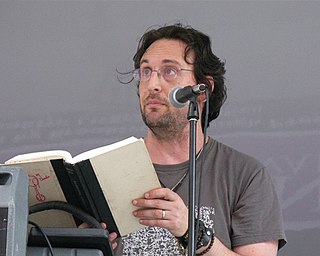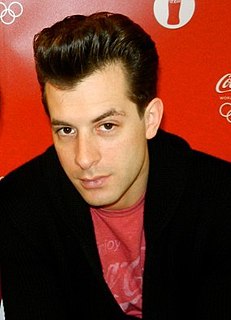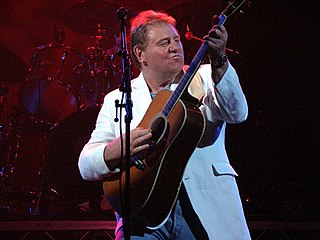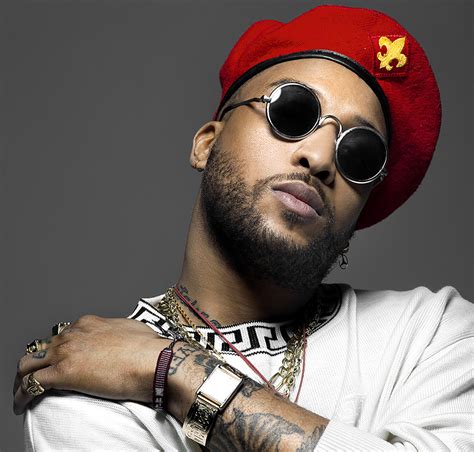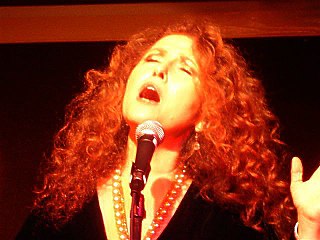A Quote by Tiffanie DeBartolo
I didn’t write that song to try and win you over, or to steal you away from him. I wrote it because I knew I never could.
Related Quotes
If I found out some gal was trying to steal my guy, I'd want to give her a black eye! Instead, I wrote this song. At the time I was writing each song [on this album], you could figure out the frame of mind I was in by listening closely. With every song I've ever recorded, I'm in it. I wouldn't write about it if I wasn't in it.
'After 17' is a song I wrote when my first daughter went to college, so that's kind of where I'm at in that part of my life. If you listen to that song and knew anything about me, you'd say, 'Oh yeah, he wrote that about his daughter,' but I try not to write them that they are so specific that they wouldn't apply to anybody that has a child.
"After 17" is a song I wrote when my first daughter went to college, so that's kind of where I'm at in that part of my life. If you listen to that song and knew anything about me, you'd say, "Oh yeah, he wrote that about his daughter," but I try not to write them that they are so specific that they wouldn't apply to anybody that has a child.
I was one of those guys, you know, playing and singing, and there was no reason for me to write a song, because there were so many beautiful songs out. And Bob Dylan was always the ultimate songwriter, and nobody could ever write a song as good as him, and nobody ever has written a song as good as him.
"Only write what you know" is very good advice. I do my best to stick to it. I wrote about gods and dreams and America because I knew about them. And I wrote about what it's like to wander into Faerie because I knew about that. I wrote about living underneath London because I knew about that too. And I put people into the stories because I knew them: the ones with pumpkins for heads, and the serial killers with eyes for teeth, and the little chocolate people filled with raspberry cream and the rest of them.
When I realized I could write lyrics and let someone that I knew listen to them, but not know that the song was about them - say it was a girl. I could write this song about how I feel about this girl, I could play it to them. I just loved it, because all of the words would speak to them. I could see them slowly falling in love with me.
I mean, my wife is always like - I don't write lyrics. So I couldn't, like, really technically write a song for anyone. I could write a very nice instrumental. So she always sort of gives me a hard time because it's just such a ridiculously impossible standard to live up to, that your step-dad wrote that song for your mom.
I wrote 'Lights' a long, long time ago. And I expected it to be on the album, because it was - I wrote it with 'Biff' Stannard. And he wrote every single Spice Girls song and every single pop song of the 90s, basically. So I thought, you know, I was really lucky to work with him, but I didn't think it would be a big song for some reason.
Right away, I knew I didn't want to have that look of other guys with long hair and bell-bottom pants, because everybody else had that look. I kind of adopted my boarding-school look, which made me stand out. Then the next thing you know, the first song on my first record is a song called "School Days." It's about going to the boarding school I went to. So then I just started to write about myself. The very first song I ever wrote was about a guy I met in a boatyard that we were working in. So I've always had this thing about sticking to more or less what I knew.
When I had finished the book I knew that no matter what Scott did, nor how he behaved, I must know it was like a sickness and be of any help I could to him and try to be a good friend. He had many good, good friends, more than anyone I knew. But I enlisted as one more, whether I could be of any use to him or not. If he could write a book as fine as The Great Gatsby I was sure that he could write an even better one. I did not know Zelda yet, and so I did not know the terrible odds that were against him. But we were to find them out soon enough.
Everybody wants to write a hit song, but in Nashville people want to write the best song, which was my original intention as a singer/songwriter. ... I left because I could no longer make records that sounded less and less like me. I tried to please people instead of believing in my own strength, until the only thing I could do was walk away.

